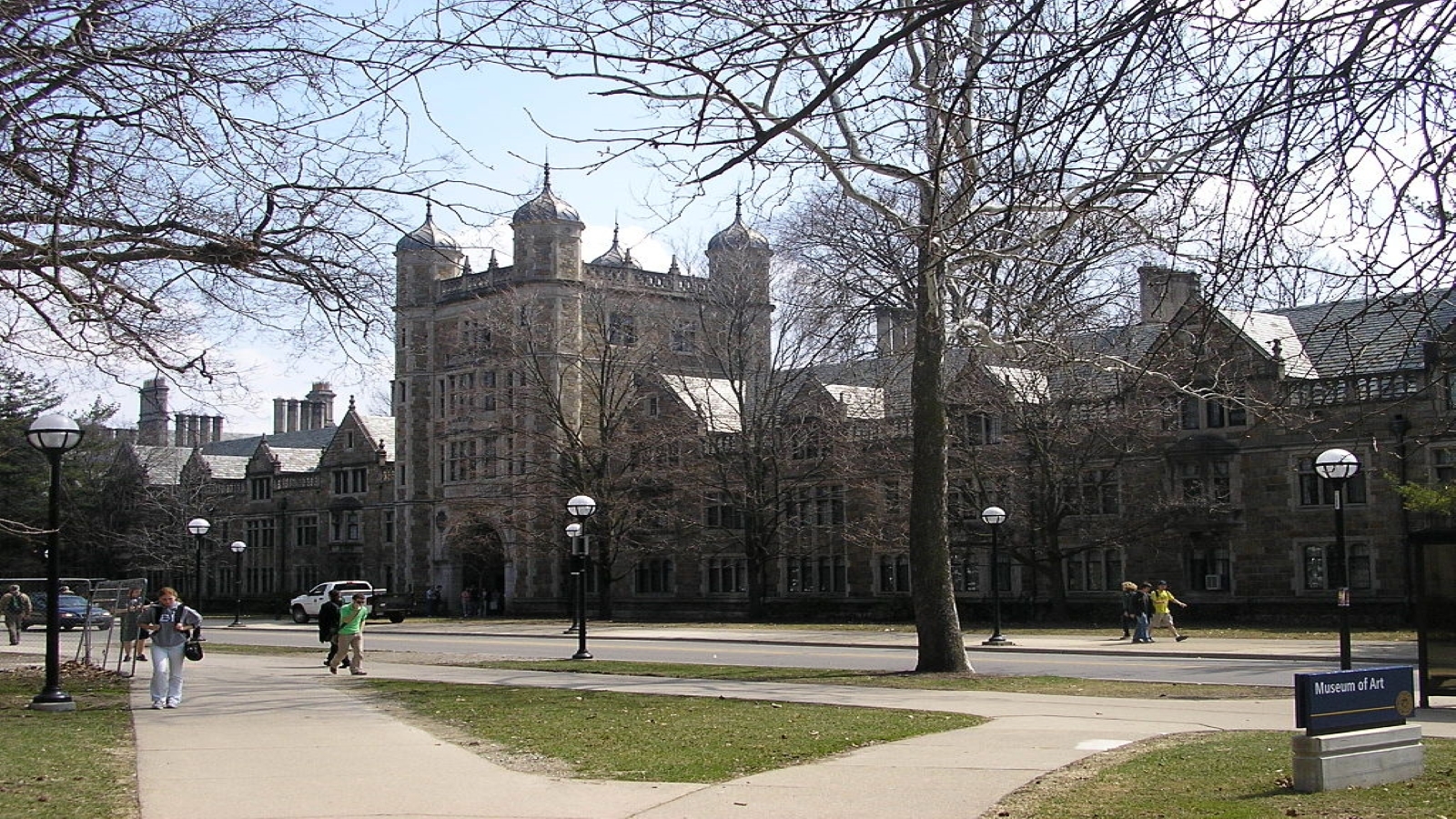The University of Michigan, often simply referred to as "Michigan," is a public research university in Ann Arbor. | Wikimedia Commons
The University of Michigan, often simply referred to as "Michigan," is a public research university in Ann Arbor. | Wikimedia Commons
The Mackinac Center for Public Policy recently filed a lawsuit against the University of Michigan, alleging that it has violated Michigan’s open records law, according to Michigan Capitol Confidential.
Throughout the pandemic, Gov. Gretchen Whitmer has often cited data from the University of Michigan when discussing the “best science” backing up the state’s COVID-19 response policies, but she has shared few specific details about the data she cites.
The Mackinac Center sought to obtain a copy of that data from university officials. On May 13, it sent a request for copies of any correspondence between three specific university officials and anyone with a state government email address, then sent a second request on May 27 for any correspondence to or from the same officials in regards to the Michigan Safe Start Plan.
In response to the request, the university returned documents that were heavily redacted and withheld a significant amount of documents entirely. The university cited the “frank communications” exemption in the Freedom of Information Act (FOIA) law in its response.
The Mackinac Center responded with a statement challenging the university's use of the “frank communications” exemption. In December, the Mackinac Center filed a suit challenging the lack of transparency in the university’s response to the open records request.
Following the lawsuit, the University of Michigan initially provided 155 pages of documents, comprised largely of department employees discussing the logistics of who would be attending meetings, and data already available to the public on state websites. The documents, however, did not contain any information on input that university experts and officials had provided to state officials.
The Mackinac Center sued and the university provided 224 additional pages of documents, many of which were also heavily redacted, copies of documents already submitted and more publicly available online documents.
“We are baffled that the Mackinac Center would file a lawsuit in this matter,” said university spokesman Rick Fitzgerald in an email. “In response to the Mackinac Center’s FOIA appeal, the university provided 224 pages of documents with very modest redactions -- mostly of email addresses for security purposes -- perhaps totaling five pages. That is in addition to the 155 pages of documents provided in the university’s initial response. The university will vigorously defend the integrity of our FOIA process in the court of claims.”


 Alerts Sign-up
Alerts Sign-up